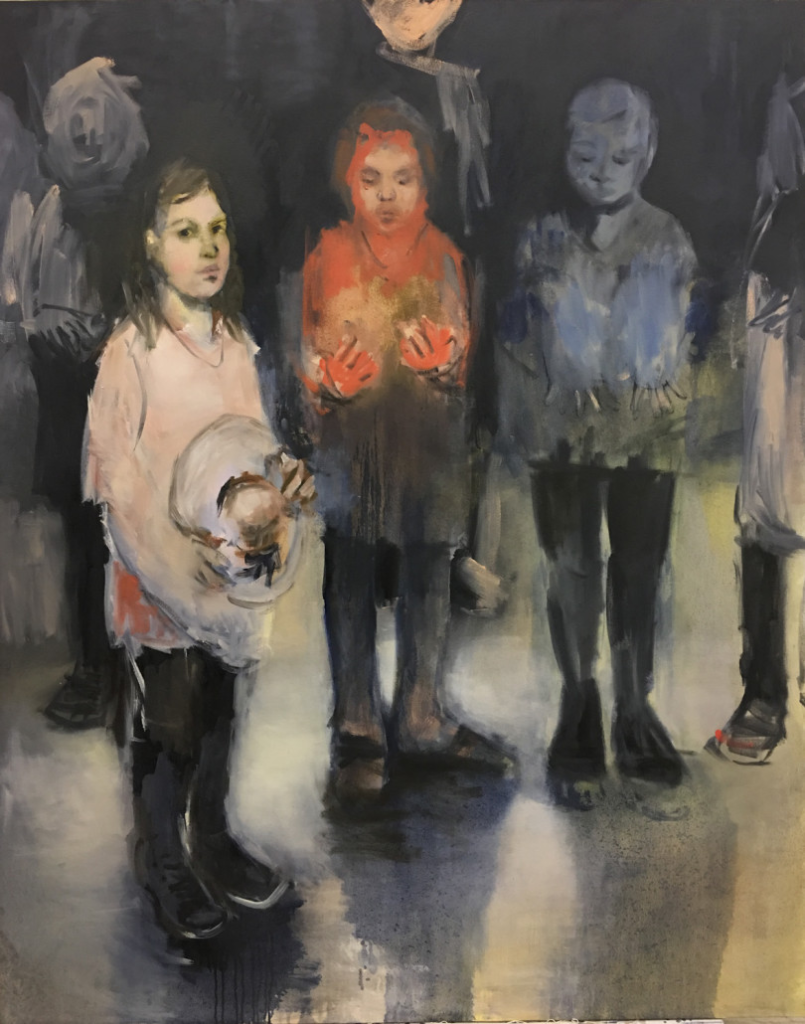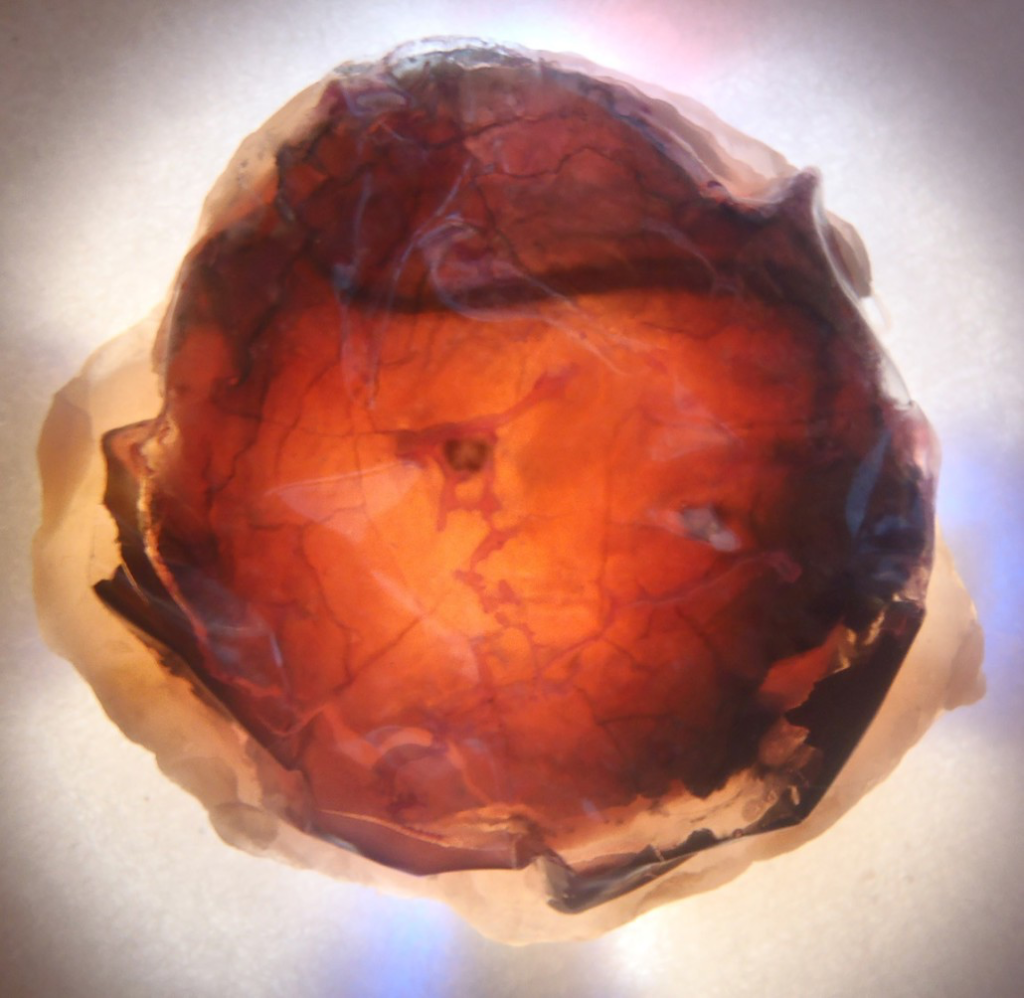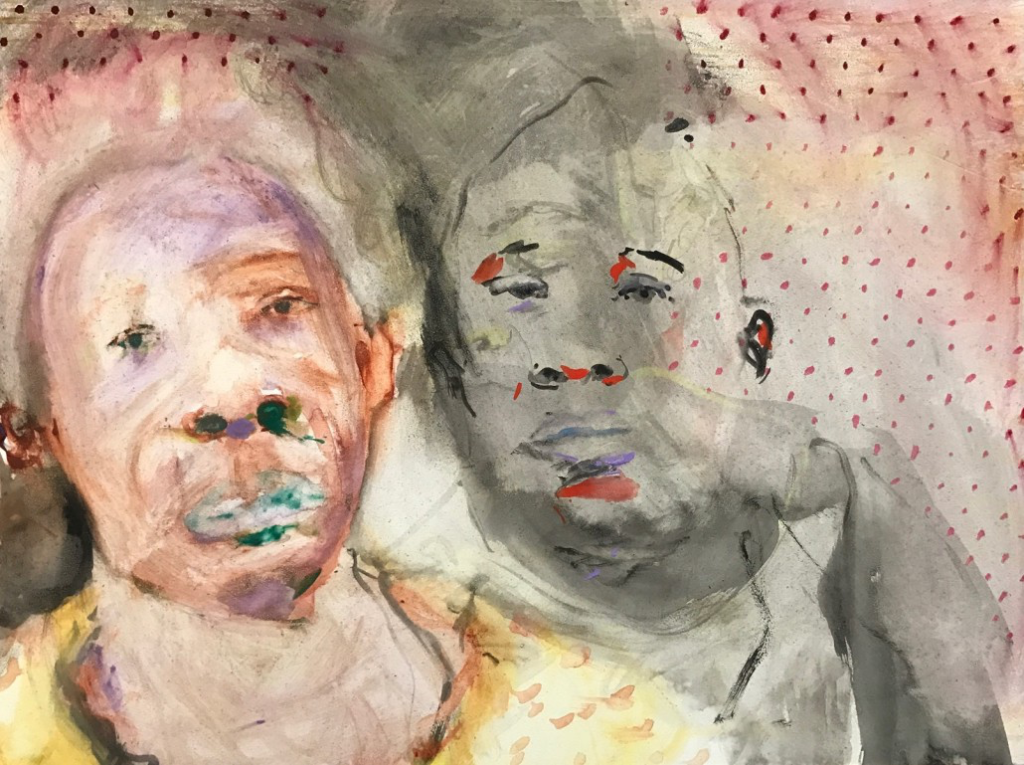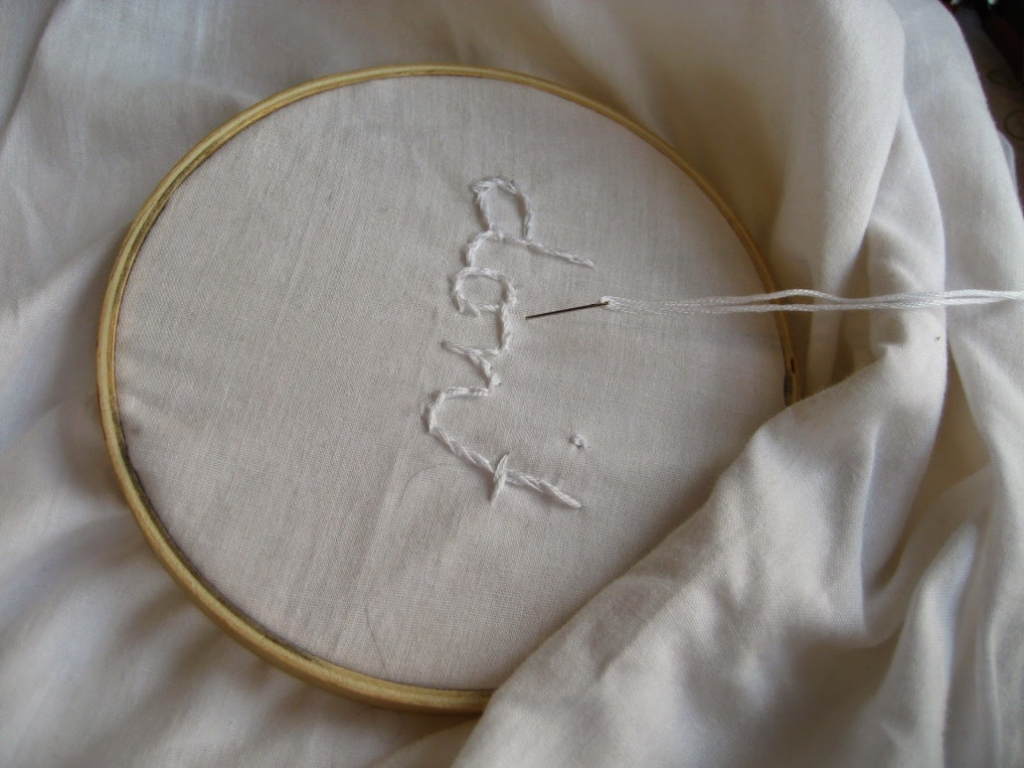past exhibition

M/othering
a group exhibition by Fletcher Boote, Maya Pindyck, Tereza Swanda, and Angela Rose Voulgarelis
on view
January 5–February 4, 2017
reception
Saturday January 14, 6–8 pm
artist talk
Saturday January 14, 8–9 pm
embroidery circle
Saturday January 21, 11 am–1 pm
M/othering is a Curatorial Proposal Series exhibition that features recent works by Fletcher Boote, Maya Pindyck, Tereza Swanda, and Angela Rose Voulgarelis. These four artists draw on their experiences of motherhood and childhood in relation to the often-complicated dynamics of family relationships, cultural identity, and positions of privilege. They explore these themes through a range of media, driven by questions about inheritance and systems; What continuity is there, if any, between generations? What gets handed down from mother to child? What gets passed from nation to education, or from education to family structure? What images and stereotypes of mothering tend to spread and reproduce?
All four artists featured in M/othering have attended art workshops for the past twenty years led by South African artists Rose Shakinovsky and Claire Gavronsky, which encourage reflection on the interconnectivity of social, cultural, and familial experiences. Each artist in this exhibition considers the far-reaching impacts and political implications of everyday notions of “othering” and “mothering” in connection to their own lives.
In her audio series “Like Night and Day,” Fletcher Boote explores nuances of domesticity and family through various arrangements of sounds. Recordings from her daily life with young children are the backdrop for compositions which point to the impact of repetition, give relevancy to the unexceptional, and question a hierarchy that qualifies music as one thing and “noise” as an “other.”
In the series “Out of Lezley”, Maya Pindyck’s gouache portraits are an elegy to the black lives lost to police brutality in the United States. Working from a media photograph of Lezley McSpadden taken after her son Mike Brown was killed, she renders visible multiple faces that blend source material, medium, and collective grief.
Tereza Swanda works with themes of erasure and recognition. In “Spot Light,” embedded portraits of victims of police brutality are slowly revealed as participants wash their hands. Illuminated with light and color, Swanda preserves and displays these cracked, painful images.
In her paintings and performance-based work, Angela Rose Voulgarelis re-contextualizes notions of “women’s work”. Her paintings are an exploration of the figure in relation to the context of the everyday. In the ongoing project, “Airing Dirty Laundry”, Voulgarelis prompts participation with beginnings of phrases such as “Don’t Be Too…”, or “Not Enough….”, asking visitors to complete the phrase in writing. Voulgarelis then embroiders the responses in public spaces, inviting conversation and exchange.
preview



